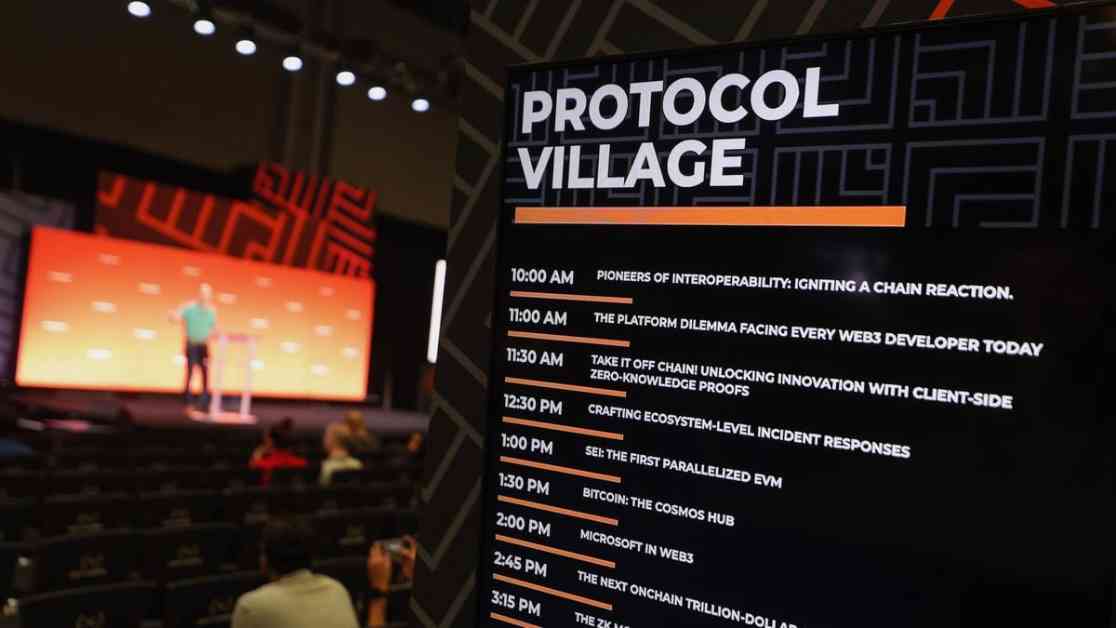Bitcoin Staking Protocol Babylon is set to increase the limits for BTC staking in the upcoming ‘Cap-2′ round at Protocol Village. In the first round of staking in late August, Babylon had a hard cap of 1,000 BTC, equivalent to about $64 million. However, for the upcoming round, also known as “Cap-2,” Babylon will introduce a “duration-based” cap. This means that users will be able to stake up to 500 bitcoins per transaction over 10 Bitcoin blocks. The window for staking is scheduled to be open as the Bitcoin blockchain runs from block 864,790 through 864,799 on Oct. 9. The points awarded per Bitcoin block are set to triple to 10,000 from the current 3,125, as per the announcement made by Babylon.
Synnax, a decentralized credit intelligence platform, has secured a strategic investment from Wintermute Ventures and TON Ventures, bringing their total funding to $1.55 million. The investment will be used to fuel the development of Synnax’s Credit Intelligence protocol and its Telegram mini-app called SynQuest, which has already attracted 250,000 users in just two weeks. Wintermute Ventures and TON Ventures’ expertise in decentralized ecosystems aligns with Synnax’s vision of sourcing predictive credit analytics from decentralized sources to provide real-time credit metrics to investors, eliminating bias from the rating process.
Locked.Money, a project focusing on trustless digital-asset vaults, has raised $1.1 million in seed and private rounds to develop its platform. The aim of Locked.Money is to give crypto investors full control over their assets, providing both custodial and noncustodial benefits by combining robust legal frameworks and tax advantages for a secure and user-friendly solution.
Axelar, a blockchain interoperability project, has launched the Mobius Development Stack, described as “a reimagined Web3 design space.” The Axelar Mobius Development Stack (MDS) is an open interoperability platform for decentralized applications that is now live on the mainnet. The upcoming L1 launches will include Flow, Hedera, Solana, Sui, and XRP Ledger. MDS represents a new interoperability standard, offering advanced token utility, infinite security, and scalability. Sergey Gorbunov, CEO of Interop Labs, stated that MDS is the first architecture capable of supporting thousands of heterogeneous blockchains.
Polyhedra Network, specializing in zero-knowledge (ZK) proofs, has released the first set of data from its Proof Arena, a benchmarking platform designed to evaluate and compare different ZK provers. The data includes comparisons of provers from Polyhedra, Polygon, Linea, and StarkWare. The results show that the Expander prover is significantly faster in terms of proof generation time and peak memory, while Plonky3 excels in setup and verification time, and GNARK has the smallest proof size.
These developments in the blockchain and cryptocurrency space indicate a growing interest and investment in innovative projects that aim to enhance security, scalability, and user experience. With new protocols, platforms, and partnerships emerging, the industry is poised for further growth and adoption in the coming years.














